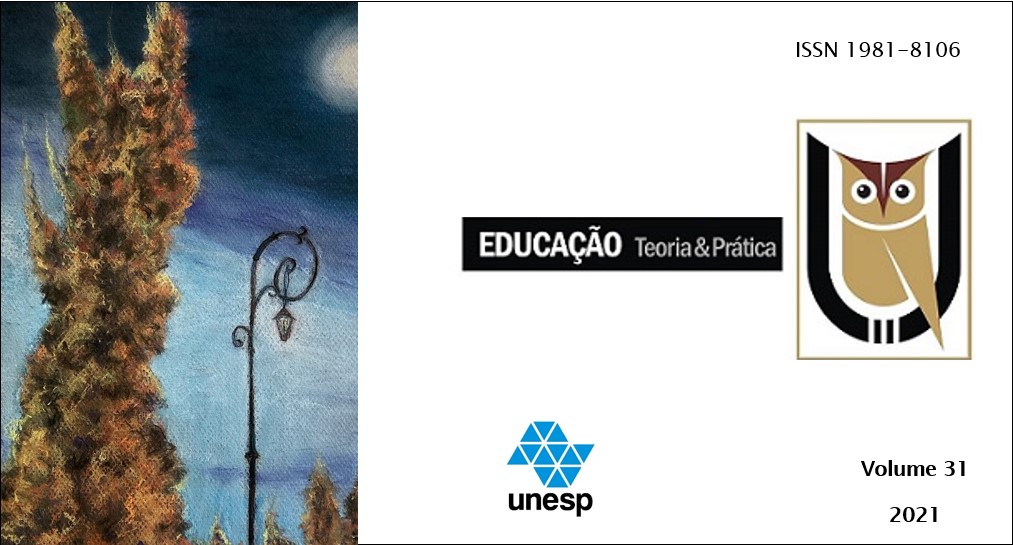What does Paulo Freire’s work invites us to think?
DOI:
https://doi.org/10.18675/1981-8106.v31.n.64.s16181Keywords:
Paulo Freire, epistemology, ErgologyAbstract
This article aims to give visibility to the epistemology created by Paulo Freire. Beyond his adult literacy method, Freire created a philosophy of knowledge that, after many years, continues to generate new research in various fields of knowledge, always inviting a reinvention. The considerations of Becker about social science research activities justify these reinventions. For example, the article presents Ergology, a multidisciplinary approach created by the French philosopher Yves Schwartz as a project to know and, mainly, to intervene in work situations to transform them. One of Schwartz's inspirations when creating Ergology was Paulo Freire's epistemology.
References
BECKER, H. Métodos de pesquisa em Ciências Sociais. São Paulo: Hucitec,1999.
CANGUILHEM, G. O normal e o patológico. Rio de Janeiro: Ed. Forense Universitária,1990.
FREIRE, P. Pedagogia do oprimido. São Paulo: Ed. Paz e Terra, 1970.
FREIRE, P. Pedagogia da esperança. São Paulo: Ed. Paz e Terra, 2003.
HEGEL, G.W.F. Fenomenologia do espírito. Petrópolis: Vozes, 1992.
LEROY-GOUHRAN, A. L’Home et la matière. Paris: Albin Michel, 1943.
SCHWARTZ, Y. A comunidade ampliada de pesquisa e o regime de produção de saberes. Revista Trabalho e Educação, n. 7, p. 39-46, 2000.
SCHWARTZ, Y. Trabalho e uso de si. Revista Pro-posições. Faculdade de Educação, Unicamp, n, 32, 2003.
Downloads
Published
How to Cite
Issue
Section
License
Authors who publish in this journal agree to the following terms:
a) Authors assign copyright to the journal, with the work simultaneously licensed under the Creative Commons Attribution License that allows sharing of the work with acknowledgment of authorship and publication in this journal.
b) The policy adopted by the Editorial Committee is to assign copyright only after a period of 30 months from the date of publication of the article. After this time, authors interested in publishing the same text in another work must send a letter to the Editorial Committee requesting the release of the assignment of copyright and wait for a response.
c) This journal provides public access to all its content, since this allows greater visibility and reach of published articles and reviews. For more information on this approach, visit the Public Knowledge Project, a project that developed this system to improve the academic and public quality of research, by distributing OJS as well as other software to support the public access publication system to academic sources. The names and email addresses on this website will be used exclusively for the purposes of the journal and will not be available for other purposes. This journal provides open any other party  This work is licensed under a Creative Commons License
This work is licensed under a Creative Commons License











